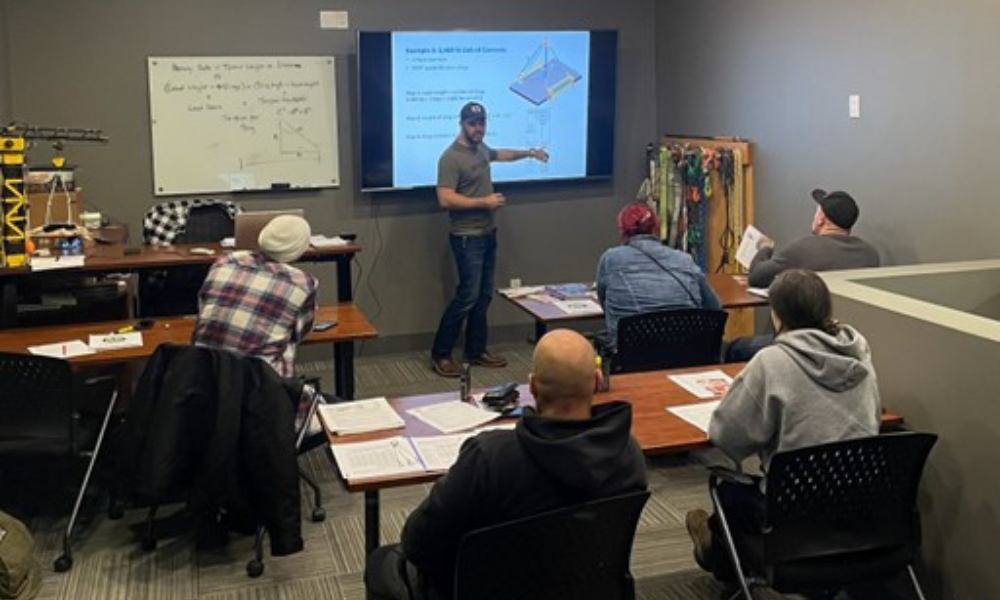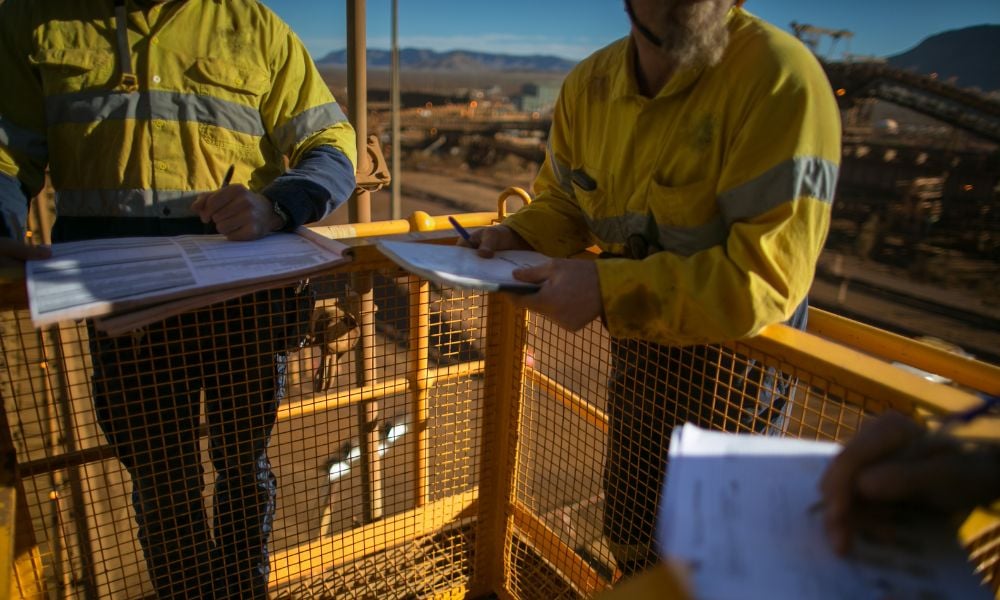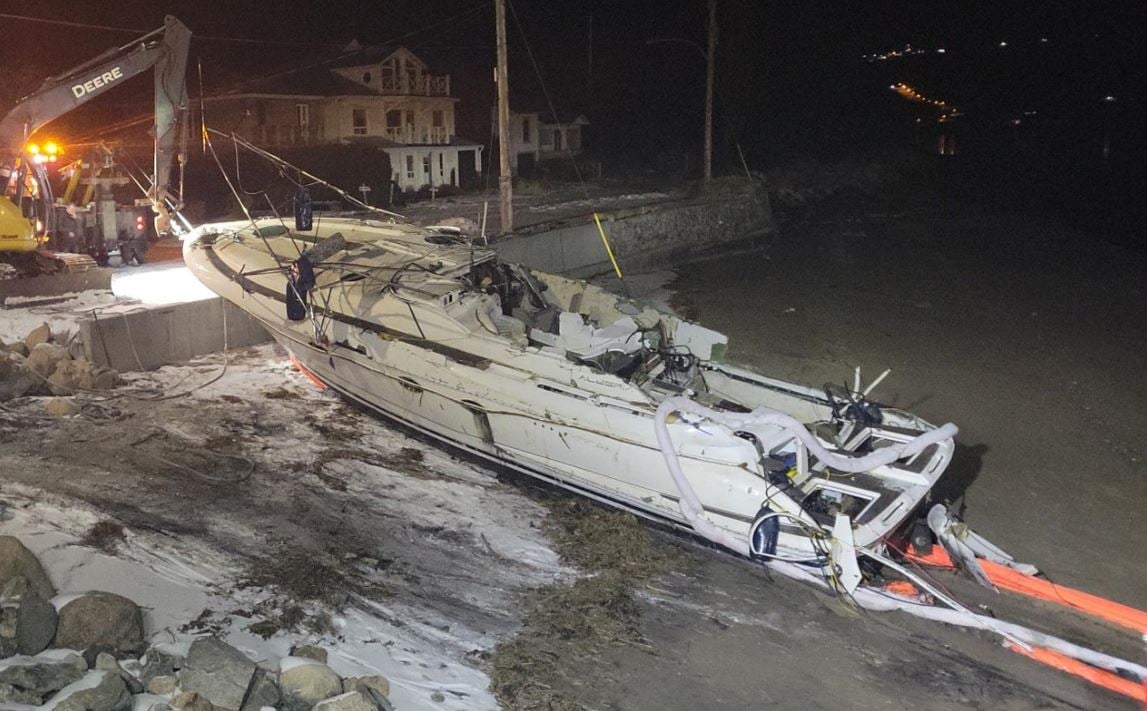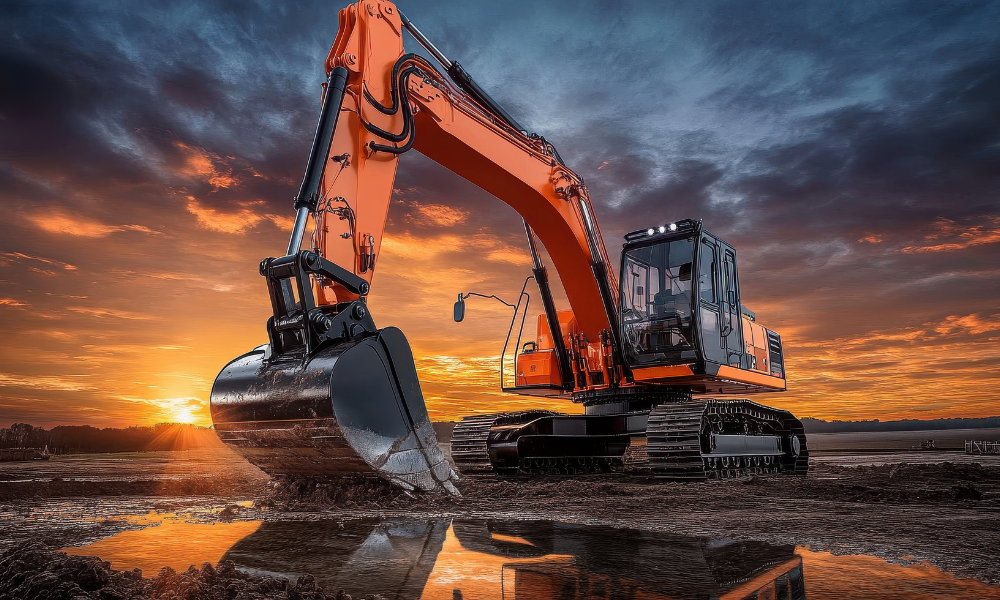'Excitement palpable' for partnership that will help province 'turn a corner'

Tower cranes are the towering behemoths of British Columbia’s construction landscape, especially in the Lower Mainland. While these machines symbolize the booming development, they also represent significant safety challenges. Recent incidents have highlighted the critical need for enhanced safety measures, more rigorous training, and increased regulatory oversight. In this evolving environment, a powerful collaboration between the Aboriginal Community Career Employment Services Society (ACCESS) and Bigfoot Crane Company is making waves, offering new opportunities for Indigenous workers to step into the high-demand, skilled trade of crane operation.
Unique partnership
ACCESS, a not-for-profit society founded in 2002, has grown into one of the most comprehensive urban Indigenous employment training organizations in Canada. With a focus on providing trades training, the organization is responsible for over 40% of Indigenous apprentices in BC. This fall, ACCESS is launching a groundbreaking Tower Crane Training program, in partnership with Bigfoot Crane Company, to provide six Indigenous clients with the skills and certification necessary to become tower crane operators.
“We’ve delivered over 30 different types of trades programs,” says Rob Egan, director of trades at ACCESS. “But this tower crane program is something new, and the excitement is palpable. Our goal is to see Indigenous participants not only trained but thriving in high-demand jobs on major projects across the Lower Mainland.”
Comprehensive training with industry leaders
The two-week program, set to start on October 21, 2024, will offer a combination of classroom learning and hands-on crane operation experience. Participants will be trained in everything from rigging safety to interpreting load charts, giving them the skills to not only operate tower cranes but also perform pre-operational inspections and hazard assessments. Upon completion, they will undergo certification testing, provided by Fulford Certification.

The partnership with Bigfoot Crane Company plays a pivotal role in the program’s success. Bigfoot has built a reputation as a leader in crane training and safety, operating since 2008 with industry experts who have decades of field experience. Ralf Notheis, manager of the Bigfoot Crane Academy, explains the depth of their approach: “We’re not just teaching the basics to get them certified. We’re pushing them further—giving them a holistic understanding of both the ground operations and the crane itself. Our participants will leave knowing how to create lift plans, perform safe rigging, and collaborate effectively with their teams on-site.”
Addressing broader crane safety concerns
The launch of this program comes at a crucial time. In recent years, British Columbia has experienced a string of crane accidents, leading to increased scrutiny of safety practices in the industry. Just this year, several incidents in the Lower Mainland have underscored the importance of proper training and adherence to safety protocols.
WorkSafeBC, the province's regulator for workplace safety, has responded by strengthening safety regulations for crane operations. As of October 1, 2024, new requirements mandate that all crane projects provide a Notice of Project (NOP) two weeks prior to commencement. This allows WorkSafeBC to review worker qualifications and ensure that proper safety protocols are in place.

Notheis welcomes these changes, despite acknowledging the logistical challenges they pose. “Is it convenient for companies? Not really. But we need to zoom in on safety,” he says. “By requiring credentials and worker information ahead of time, WorkSafeBC now has the chance to review who’s on the project and make sure they’re qualified. This is a step in the right direction to prevent more accidents.”
Opportunities for indigenous workers
For the Indigenous participants in the ACCESS program, this training represents more than just a job—it’s a pathway to economic empowerment and career growth. Tower crane operation offers a starting wage well above the industry average, and with the construction boom in BC showing no signs of slowing down, these newly trained operators will have ample opportunity to find work on high-profile projects.
“Our focus at ACCESS is to get Indigenous people into the workforce,” explains Egan. “We’re incredibly proud to support these six individuals, and we know they’ll be entering a field with incredible job security and earning potential. Seeing our people thrive in these trades—raising families, contributing to their communities—it’s what drives us.”
As British Columbia continues to grapple with both a shortage of skilled crane operators and a heightened focus on safety, programs like this one are vital.
“We’ve been a solution for these industry challenges for years,” Notheis reflects. “But now, with stronger regulations and programs like this, we’re finally turning a corner. Everyone in the industry is starting to realize that comprehensive, ongoing training isn’t just a nice-to-have—it’s essential.”
With this program, ACCESS and Bigfoot Crane are building a brighter, safer future—one that’s lifting both cranes and communities to new heights.





